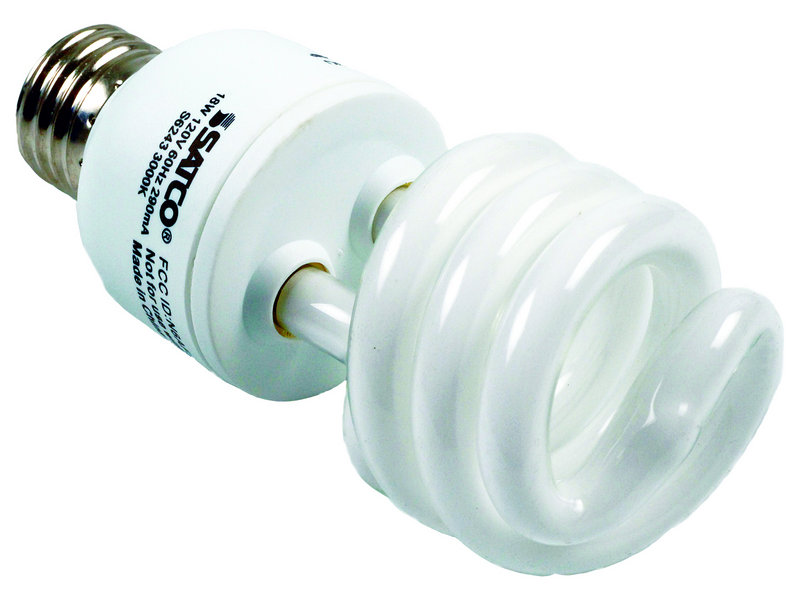Maine is having a summer weatherization sale, and the phones are ringing off the hook.
The state recently extended its offer period for a $1,000 bonus, allowing homeowners to sign up by Aug. 31. Eligible owners who have an energy audit by Sept. 30 and make improvements by year’s end that cut energy use by specific amounts can get as much as $5,500 in state rebates and federal tax credits.
That extra grand — and the looming deadlines — seem to have kicked the weatherization market into overdrive, and some contractors say they can’t meet demand. That’s unusual during a hot summer when the economy is struggling and oil prices are stable.
On the face of it, the response offers hope that Maine can reach its ambitious goals of cutting heating oil use by 20 percent in 10 years and weatherizing all homes by 2030.
But some energy professionals have a different take. They say it shows the level of government cash that’s needed to spur homeowners to insulate and air-seal.
Some contractors say they’re reluctant to hire more workers or invest in equipment. They worry that business will stall if the incentives are pulled back.
“Whether that demand continues is the big question,” said Dave Milliken, a co-owner of Horizon Residential Energy Services in South Portland.
There’s no way to answer that question right now, said Michael Stoddard, executive director of Efficiency Maine Trust, the new quasi-public agency administering the rebate program.
But here’s one measure: Before the $1,000 bonus started on June 1, the trust tallied 53 energy audits a month. The number jumped fivefold after the bonus was added to the $3,000 cash incentive that took effect in January.
That suggests to Stoddard that the trust found the incentive sweet spot — enough money to entice residents without being too generous.
“A little bit of gas, a little bit of brake, we’re trying to find the right balance,” he said.
Stoddard and other observers agree that one market incentive could get homeowners to insulate without government help: a spike in heating oil prices, like the brief, record run-up in 2008.
Maine’s effort to upgrade the efficiency of all homes and businesses is part of a comprehensive energy law passed last year. The Home Energy Savings Program is being paid for in its first three years with $9 million in federal stimulus money.
This fall, Efficiency Maine will oversee a study of how to pay for the program after stimulus money runs out. Ideas range from imposing a small tax on heating oil to increasing the surcharges on electricity and natural gas that now pay for some efficiency programs.
The next Legislature and governor will have to hash it out, in what’s likely to be an atmosphere of heightened fiscal austerity and anti-tax fervor.
For now, the eight-month-old program is slowly ramping up, with only 138 homes completed. The cost for each home averages $8,000, Stoddard said, mostly for insulation, air sealing and some heating system upgrades, such as setback thermostats. Follow-up audits estimate that the work is cutting energy use in homes by 38 percent.
Energy professionals, who are advising the trust, are encouraged by the early results but they have concerns.
Milliken has three workers. He could use three more to meet the demand for energy audits, which start at $475. He’s booking jobs now for November — past the Sept. 30 deadline for the bonus — but is reluctant to hire more help.
“What I’d like to see is some stability in the rebates,” he said, “so I’d know what money will be available.”
Milliken and other energy professionals say the experiences in other states show that government-sponsored weatherization programs must offer incentives that cover at least 40 percent of the total cost of the job. Below that, not enough owners will take the plunge.
That incentive level is being bolstered today by a 30 percent federal tax credit, capped at $1,500, for eligible energy improvements.
But the federal program will expire at the end of this year. Another energy program may take its place, but that proposal is tied up in a fight over oil spill legislation in Congress.
Many consumers know time is running out, on both the state and federal incentives, and they’re rushing to beat the clock.
That’s a mixed blessing for Curry Caputo, a partner at Sustainable Structures in Hallowell. The 12-employee company does audits and energy retrofits and has been growing for the past year.
“But I’m a little nervous about growing more,” Caputo said. “Our concern is, we don’t want to create a bubble in our industry that goes away.”
Stoddard shares that concern. It would be counterproductive, he said, to aim for short-term goals at the expense of the program’s long-term success.
“We have hundreds of thousands of homes in Maine that need to be weatherized,” he said. “I view this as a first step. We’re going to be doing this for 20 years.”
That perspective seems right to Dylan Voorhees, clean energy director for the Natural Resources Council of Maine.
The environmental group has teamed up with the Maine Association of Building Efficiency Professionals to offer council members a discount of $75 off an energy audit.
Voorhees said it’s important not just to see how many homes can be done in the next two years, but to build a foundation that can sustain a high-quality weatherization industry in Maine.
“This isn’t a problem that’s going to be solved overnight,” he said.
Staff Writer Tux Turkel can be contacted at 791-6462 or at: tturkel@pressherald.com
Send questions/comments to the editors.



